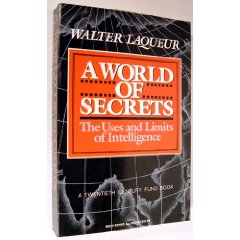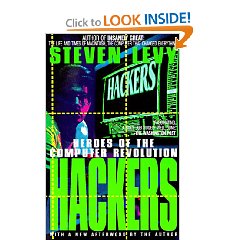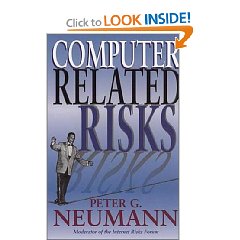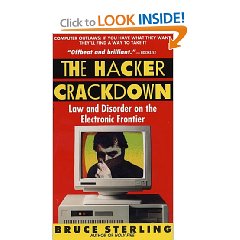Review: A World of Secrets–The Uses and Limits of Intelligence
5 Star, Intelligence (Government/Secret)Review: Informing Statecraft–Intelligence for a New Century
4 Star, Diplomacy, Intelligence (Government/Secret), Strategy“It is not too gross an exaggeration that when considering any given threat, DIA will overestimate, CIA will underestimate, and INR will blame the U.S. for it.” From his opening chapter and his distinction between static, dynamic, and technical facts, on through a brilliant summary of the post-war spy on page 103 and lengthy sections on how we've gotten it wrong, how we can get it right, and what is needed in the way of reform, I found this book worthy of study. An analyst and political staffer by nature, the strength of this book rests on the premise in the title: that intelligence should be about informing policy, not about collecting secrets for secrets' sake.

Review: Hackers–Heroes of the Computer Revolution
5 Star, Asymmetric, Cyber, Hacking, Odd War, Change & Innovation, Culture, Research, Information Society, Information TechnologyReview: Computer-Related Risks
5 Star, Information Operations, Information Society, Information TechnologyReview: Masters of Deception–The Gang That Ruled Cyberspace
4 Star, Asymmetric, Cyber, Hacking, Odd War, Information Society, Information TechnologyReview: The Hacker Crackdown–Law And Disorder On The Electronic Frontier
5 Star, Asymmetric, Cyber, Hacking, Odd War, Culture, Research, Information Society, Information Technology, Justice (Failure, Reform), Misinformation & PropagandaUpdate of 31 May 08 to add links:
The Second Self: Computers and the Human Spirit, Twentieth Anniversary Edition
Hackers: Heroes of the Computer Revolution
Information Payoff: The Transformation of Work in the Electronic Age
Collective Intelligence: Mankind's Emerging World in Cyberspace (Helix Books)
The Unfinished Revolution: Human-Centered Computers and What They Can Do For Us
The Wealth of Networks: How Social Production Transforms Markets and Freedom
Collective Intelligence: Creating a Prosperous World at Peace









